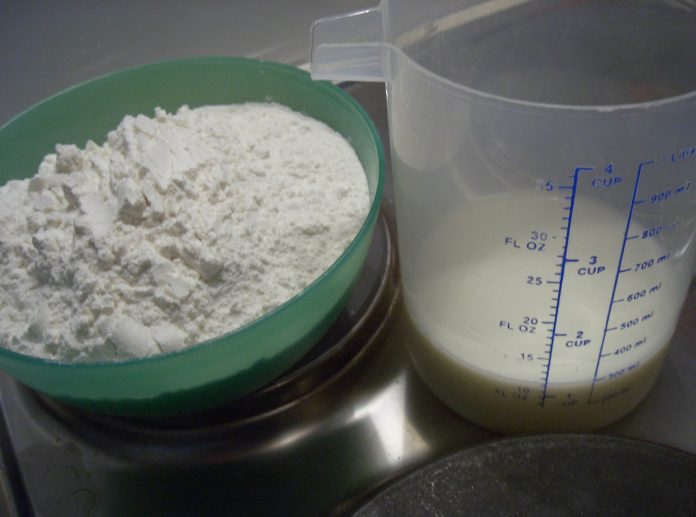Temporary changes to the operation of European Union skimmed milk powder public interventions are set to have a big impact on the global dairy industry.
Announced by the EU Council on January 29, the changes mean skimmed milk powder will only be purchased by tender and how much is purchased and at what price would be decided “case-by-case”.
Previously, SMP was bought automatically by the European Commission when prices reached a certain point. But now the EU wants to decrease the amount entering the bloc’s already huge stockpile – some of the product is already up to two years old.
As reported by The Weekly Times, the move comes after public stocks of SMP rose to almost 400,000 tonnes last year, following low prices for the product on the global market.
In a statement, the European Council said the huge stockpile was “risking severe pressure on the market, with a negative impact on dairy prices”. The idea would be that these temporary changes would reduce the amount of SMP bought by intervention.
“The council decided today to intervene to stabilise the dairy markets in 2018,” said EU Council president and Republic of Bulgaria minister of agriculture, food and forestry Rumen Porodzanov. “This is in line with our commitment to keep track of market developments and to make sure that the safety net is used in a timely and prudent manner, not just to react to market disruptions, but also to avoid them in the first place whenever possible.”
The SMP public intervention opens on March 1 and runs until September 30 each year.
According to Rabobank senior dairy analyst Michael Harvey, the EU has not been able to clear the SMP stocks and is mindful of increasing these stocks.
He said there would be implications of this EU Council decision, as the bloc’s processors would look to shift their milk into other products rather than producing SMP. Other product streams could include whole milk powder, cheddar and liquid milk for the global market. Extra product in these markets could affect prices for these commodities.
“In March, the [EU] season is peaking, production has been really robust,” he said. “They are not able to produce SMP easily and sell it into intervention.”
This temporary change to intervention purchasing could be a “trigger” for the EU to look at its dairy support system, said Harvey.

